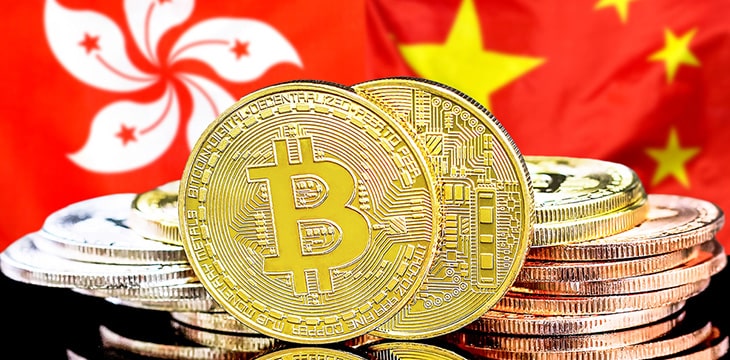|
Getting your Trinity Audio player ready...
|
Hong Kong says its policy towards digital assets is different from mainland China and is making a play to attract more investment in the sector.
The city’s government disclosed its plan to allow virtual currency exchanges to offer direct investments to retail investors as part of efforts to revamp its digital economy. Allowing exchanges to offer retail investors to buy into the asset class marks a radical change from the status quo that has been in place for nearly four years.
Digital asset trading was limited to centralized exchanges, and only professional investors, or entities with a minimum of $1 million, could take part in the industry, which was beginning to bear similarity with China.
“We’ve had four years of experience in regulating this industry,” said Elizabeth Wong, director of licensing at the Securities and Futures Commission. “We think that this may be actually a good time to really think carefully about whether we will continue with this professional investor-only requirement.”
The decision to open the floodgates to all cadres of investors is coming on the heels of service providers being more compliant after a wave of implosions rocked some regional firms. Apart from lifting the cap on investments, administrators are setting things in motion to lure more digital asset firms to develop Hong Kong “into an international virtual assets center.”
Hong Kong is a special administrative region in China that runs on a “one country, two systems” principle, which illustrates the dichotomy behind the different stances applied to virtual currencies. In the summer of 2021, China banned all virtual asset activities on the Mainland, including mining, forcing miners and other service providers like Bitmain and Huobi to leave the country for greener pastures.
Hong Kong wasn’t always this nice to digital assets
In the past, Hong Kong was considered a beacon in the region in terms of digital asset adoption, but as the years rolled by, the city-state’s influence began to wane. Once the birthplace of several industry firms, Hong Kong has recorded the exodus of some of its pioneering firms to other jurisdictions over stricter policies.
The country’s tight coronavirus travel restrictions have made it difficult for international firms to thrive, while central bank digital currencies (CBDC) have threatened to challenge digital assets.
However, virtual currencies are making a huge comeback recently, with collaborations between private and government agencies already yielding positive results. For example, the Hong Kong University of Science and Technology has launched a metaverse campus as part of efforts to create a vibrant talent pool for the distributed ledger technology (DLT) industry.
Watch: The BSV Global Blockchain Convention panel, Blockchain in Middle East & South Asia

 02-28-2026
02-28-2026 




